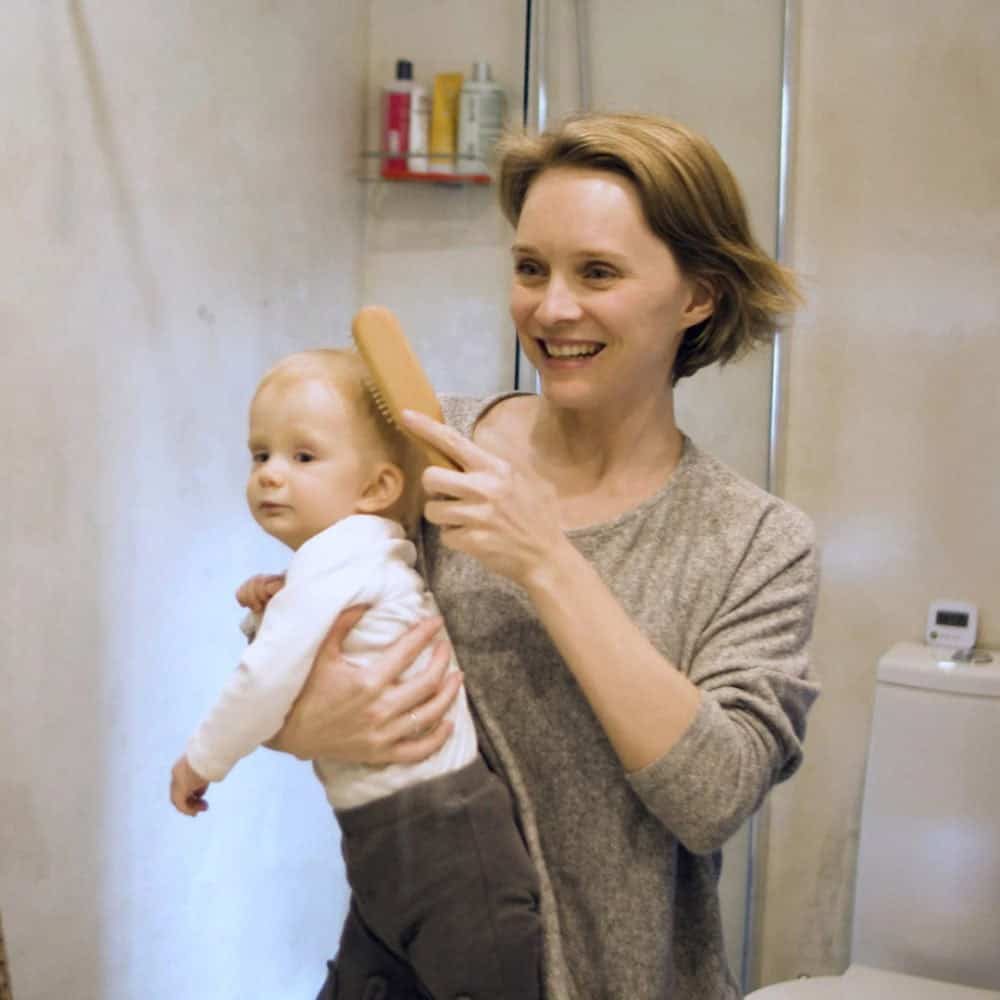How To Help Teach Your Children At Home As A Beginner
Table of Contents
As a parent, you have a lot of responsibility and influence on your child. Therefore, everything you can do – and don’t do – will determine how successful your child is in their lifetime.
Whether you decide to be a stay-at-home parent and teach your children from home, or you’re looking to make use of the extra time you have with your child to educate them further, there are plenty of opportunities to be had.
In this guide, you’ll learn about all the tips and tricks needed to help teach your children at home, even if you’re a beginner to it all. Here’s everything worth knowing!
Make use of homeschooling resources available online
First and foremost, take full advantage of the internet. The internet is a wonderful place when it comes to teaching resources and nowadays, you can find just about anything online when you want to give your children extra lessons at home.
For example, you’ve got these affixes reference charts that are used in a classroom setting but could be used at home if your child is struggling to pick up certain topics or areas of study within their school time.
After all, there are likely more than a dozen or more children per class and only one teacher to handle them all. Depending on how the class goes, you might find that your child isn’t always getting the teacher’s attention and that can be hard when the child then struggles to understand certain topics or subjects within the lesson.
At least by having an opportunity at home with similar or the same resources, you can help guide your children to learn everything successfully.
Be sure to read a book to your child every day
Reading a book to your child every day is important for their development and a great opportunity to teach your children how to read themselves. As they grow up, they’ll likely start reading to themselves but those younger years where they can’t quite string sentences together is where you should be looking to read to your child.
When it comes to reading, reading before bed is likely the best time of day to do this activity. It’s when they’re relaxed and ready for bed, so any stories or information you give to them during this time is likely going to be better retained for the following day.
Consider exploring the different genres available in kids’ books and monitor your child’s interest in every book you read to them.
Get creative with activities
Activities are something to be proactive with because every child is stimulated by what they experience on a daily basis. Certain activities you might not even realize are having an impact on your child.
For example, the mundane tasks of putting a wash load on, or taking a letter to the mailbox can seem like a wonderful and interesting thing to your child – depending on their age of course.
Getting creative with activities is a good way to encourage their own creativity and it’s important that everyone has that creative side to them. It’s not just a skill used in a creative industry but can be adapted to all working environments and personal experiences too.
Find ways to be creative with your kids and try to plan at least one activity to do every day, whether it lasts five minutes or thirty minutes. It’s an influential experience that your children will develop from.
Play with imagination
Playing with imagination is always fun and exciting for children to involve themselves in. As adults, we often forget just how much imagination and energy we had as children ourselves.
By playing with their imagination, it helps spark something in them that they might not have discovered until this point. It gets them being kids instead of doing stuff that’s forcing them to grow up too soon.
Imagination is great for story-telling and it’s a valuable skill to have when it comes to everything your child will experience in life, both professionally and personally.
Eat together and talk at the dinner table
Eating together and talking together at the dinner table is more important than you think. What connects us all on some level is a shared love and enjoyment of food.
Teaching this to your children from a young age may not seem educational but can be incredibly helpful to their own development with social connection.
We all want and need to be sociable to some extent, even the most introverted of introverts. Social connection is important not only on a personal level but on a professional one too. If you want your children to ace the interviews they go to, or to make connections for the benefit of their job, then this is something they need to be taught from the beginning.
Eating around the family table is healthy and something that can build your relationships with your kids on a deeper level. It can be a good opportunity to disconnect from phones and to catch up with what your children have been up to.
Do exercise
If you want to teach your children more than just what they’ll learn in a classroom, then exercise is an additional subject that is useful to give to your children on a daily or weekly basis. Yes, they’ll have exercise in school with their sports classes but again, it’s good to show how important exercise is outside of the classroom too.
Being able to go on walks is a great way to do exercise and it can certainly be something that your children learn to love. As adults, many of us will find exercise hard work but kids have a lot of energy so if you’re looking for some personal motivation to get fit, your kids will be sure to help with that.
Doing exercise can be fun but it’s all about finding the right exercise that makes it enjoyable. From going on weekend walks to swimming classes, there’s plenty of exercise to get stuck into.
Find extracurricular activities they love
Extracurricular activities are worth exploring when it comes to teaching your kids about other things beyond the school walls. For example, ballet classes or gymnastics, might not be part of the curriculum at school, so presenting these opportunities to your kids is worthwhile.
Be sure to ask your child what they love or might find an interest in. It might not be something you would have thought they’d love but it could end up being something that they do for their career or for the long-term.
Extracurricular activities are valuable so even if you can only afford or have time to do one every week, it’s going to make a big difference.
Assign chores to teach responsibility
Chores are a necessity around the home and it’s something you should be teaching your children as and when you can. It’s important to make it known that chores are a part of life and wherever you’re living, you should be contributing to the chores around the home.
With chores, it’s a great way of teaching responsibility and about reward too. Of course, you don’t want to lull yourself into a false sense of security that every positive effort made comes with a reward, but it can be an incentive for those who grimace at the word chores when it’s uttered from your lips.
Try to assign chores to the household members who are old enough to do them. Even the younger children can be responsible for tidying up their toys or making their bed in the morning.
Have a routine but be flexible with it
A routine is something that’s highly important when it comes to teaching your kids productivity and responsibility. Every person will need to be in a routine of some sort, whether it be for their personal life or professional.
As a parent, it’s good to get your child into a routine where you can and as early on as possible. It teaches them about keeping to time and being punctual for the most part. A routine is also helpful for when you need them to get into bed and sleep to reenergize for the following day.
Even those kids can have a lot of energy, it’s important that your child or children are getting enough sleep throughout the night and that means going to bed on time.
Remember not to be too hard on your children
Try not to be too hard on your children because, at the end of the day, they’re just that – children. They are still learning, developing, and growing in this new world, so it’s important that you allow your kids to make mistakes, slip up along the way, and learn lessons. Only then, will they end up becoming more well-rounded individuals as they get older.
Helping your children to learn lessons at home is a great role to have as a parent. Even if you feel like you have no experience, the simple things you do as a parent can be the most educational.



